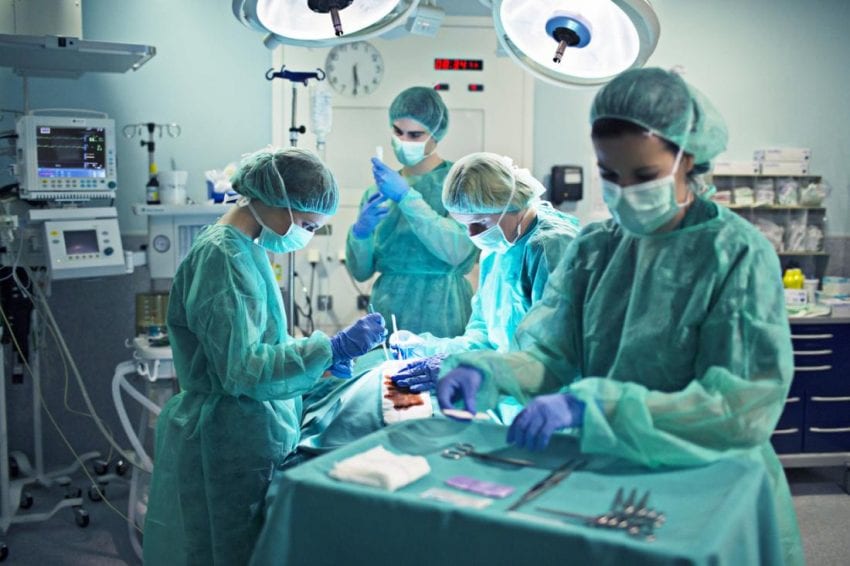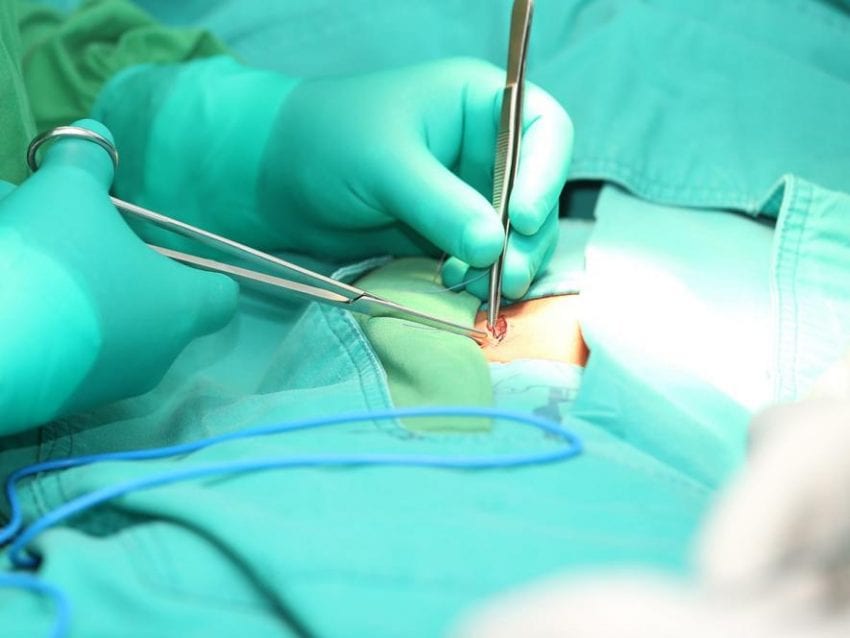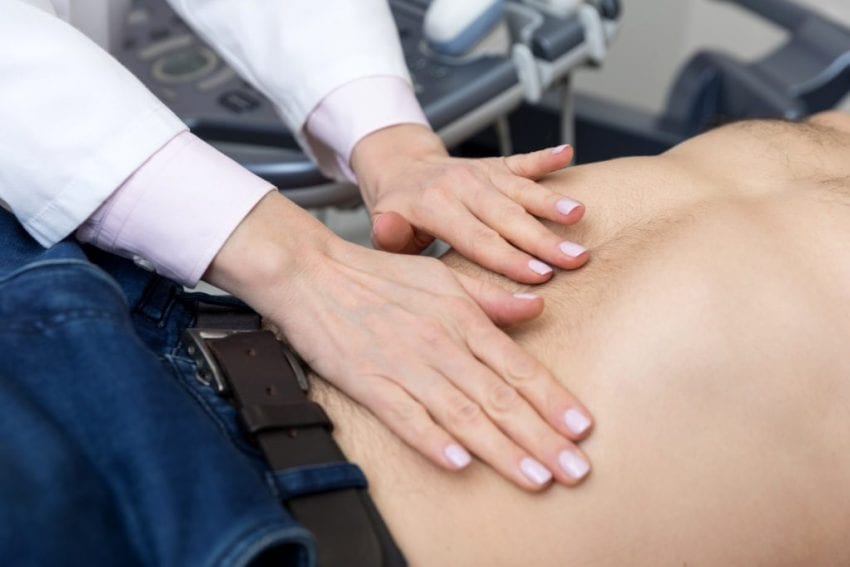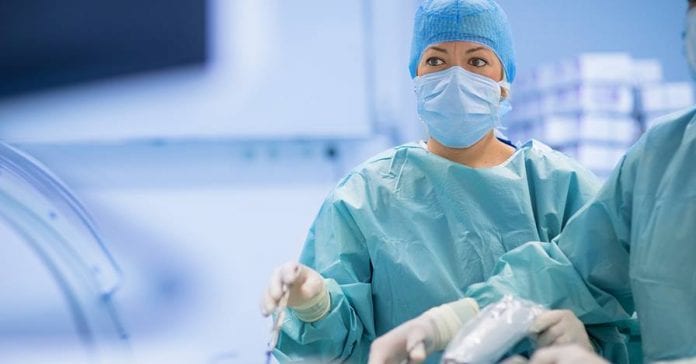Studies show that a large percentage of the population, especially belonging to the age group between 40 and 70, in India is at risk of developing hernias. Out of this, almost 78% is at risk of developing inguinal while the rest is more prone to developing a central one. A hernia largely occurs due to the consumption of tobacco or chronic constipation. But when it comes to the treatment, only a minute segment of people opt for the correct treatment option. They prefer to wait-and-watch until the Hernia becomes strangulated and cause further complications.
Why Surgery and nothing else?

A hernia can turn out to be fatal if left untreated for a very long time. There are other treatments available for curing a hernia, but they only curb the symptoms. Surgery is indeed the most-effective treatment option for curing a hernia.
A hernia majorly occurs when the tissue surrounding an organ weakens due to various factors. This makes the organ bulge out from its native place and kind of form a lump in the affected area. If the situation has not worsened already, then this lump is likely to go back inside when pushed by the doctor.
Surgery becomes essential when this lump is firm and doesn’t go back to its original place when touched. This also causes terrible pain. This is a typical symptom of strangulation. When the hernia tissue gets strangulated the blood flow to the tissue that’s trapped is cut off. This leads to the death of the tissue. The dead tissue releases dangerous toxins into the bloodstream, which can cause sepsis and eventually death.
What to Choose- “Open” or Laparoscopic?

The surgery is a two-step process for repairing a hernia. The first step largely involves treating the strangulated Hernia by gently applying pressure on the Hernia to release the trapped tissue back to its cavity. The next step involves curing the Hernia by placing a synthetic mesh in the affected area to strengthen the weak muscles.
Now that you know how surgery provides the desired results after a hernia repair, so you should also make a wise decision of which surgical technique to opt for in order to get long-lasting results. Mainly, a hernia repair is performed in two ways-
- Traditional “Open” Surgery – It is carried out under local or general anesthesia. After making a large incision of 6-12 inches, the surgeon pushes back the organ to its original site in the abdomen. It is used to close the Hernia using mesh, sutures, or both and the wound is closed with staples or surgical glue.
- Laparoscopic Procedure – This surgical procedure is highly recommended by surgeons. In laparoscopy, a thin, telescope-like instrument is inserted through a small incision at the navel. The surgery is performed under general anesthesia so you cannot feel any pain during surgery.
Patients, as well as doctors, are increasingly opting for the laparoscopic technique because of the several benefits it offers-
- Laparoscopic repair uses mesh for strengthening the muscles, so it has a lower recurrence rate.
- The recovery process is almost not painful.
- Little to no scars are visible.
- These are performed on an outpatient basis, which means you can go home on the same day of the surgery.
- A faster return to daily activities. Many people return to work within a week.
Why is recovery important after hernia repair?

After any surgery, the recovery period is considered to be the most crucial. But this statement is truer after hernia surgery because a hernia is likely to develop again at the incision site of previous surgery. Depending on your physical health and determination to heal completely, you can completely recover within a week after surgery. Following instructions ensure faster recovery after hernia surgery.
- Always keep your wound clean
- Avoid lifting heavier weights
- Avoid excessive straining during bowel movement
- Drink at least 1.5-2 liters of water daily
- Avoid activities such as swimming or driving
Some foods that can speed up the healing process after hernia surgery-
- Increase your protein intake by consuming- Eggs, cottage cheese, soy, fish, meat, dairy, nuts
- Increase your vitamin C intake by consuming– potatoes, citrus fruits such as oranges, lemons, etc., cauliflowers, spinach, tomatoes
- Increase your vitamin D intake by consuming- orange juice, cereals, almond milk
- Increase your calcium intake by consuming- Dairies like cheese, milk, and yogurt, Seeds such as poppy, sesame, chia seeds, Almonds
Followed by surgery, significant lifestyle changes and dietary habits are mandatory to keep the disease at bay. Doctors also recommend their patients to wear a corset, binder, or truss before the surgery. These are supportive undergarments that help to keep the Hernia in place by applying gentle pressure on the affected area. These can ease the discomfort or pain. But it’s best if you opt for surgical treatment before the Hernia is strangulated. The mesh treatment not only ensures a fast recovery but also makes sure that the Hernia doesn’t occur again.
For Laparoscopic Surgery Visit: https://www.pristyncare.com/treatment/hernia/









